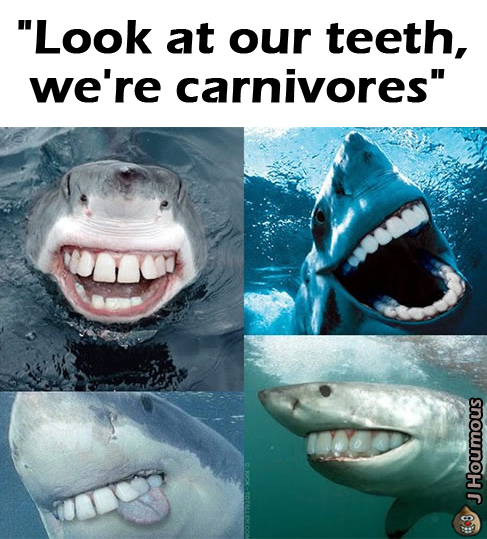this post was submitted on 28 May 2024
326 points (69.9% liked)
memes
20357 readers
771 users here now
Community rules
1. Be civil
No trolling, bigotry or other insulting / annoying behaviour
2. No politics
This is non-politics community. For political memes please go to !politicalmemes@lemmy.world
3. No recent reposts
Check for reposts when posting a meme, you can only repost after 1 month
4. No bots
No bots without the express approval of the mods or the admins
5. No Spam/Ads/AI Slop
No advertisements or spam. This is an instance rule and the only way to live. We also consider AI slop to be spam in this community and is subject to removal.
A collection of some classic Lemmy memes for your enjoyment
Sister communities
- !tenforward@lemmy.world : Star Trek memes, chat and shitposts
- !lemmyshitpost@lemmy.world : Lemmy Shitposts, anything and everything goes.
- !linuxmemes@lemmy.world : Linux themed memes
- !comicstrips@lemmy.world : for those who love comic stories.
founded 2 years ago
MODERATORS
you are viewing a single comment's thread
view the rest of the comments
view the rest of the comments

You think it's feasible for the majority of humans to survive off wild life?
You think it was a default option to export avocados from South America to Sweden?
It's strange believing we can't live how we lived for thousands of years because we changed our habits the past 300. Explosive human growth is not a necessity for human life. It's a necessity for capitalism to thrive.
Of course: if we just let a significant portion of the human population starve to death THAT will result in us living ethically!
Our population has also exploded in that time
Avocados are relevant to what, exactly?
The question of how much energy is used to feed people. Is it more energy efficient to grow an avocado to ship it to sweden, or raise a cow in sweden?
in case you actually want to know the answer:
it's the avocado being shipped. and by, like, a mile and a half. it's not even close.
raising cattle is the single most energy, water, and CO2 intensive food production there currently is.
Raising cattle doesn't require anything.
???
except:
raising cattle on a commercial scale requires mind boggling resources!
every single study on environmental impacts of food production lists beef as the number 1 worst food source in terms of environmental impacts period.
"Raising cattle doesn't require anything." - yeah, in fantasy land.
The basis of this thread was that livestock can be raised on land that is not viable for farming. Re-do the calculation when taking into account that the livestock wander freely ten months a year, and that feed is grown on land too harsh for all or most crops, and let me know how it turns out.
Do you think farmers just let their livestock roam freely over the countryside for 10 months? With no interaction from the farmer? Then the farmer just goes and collects them when they feel like it?